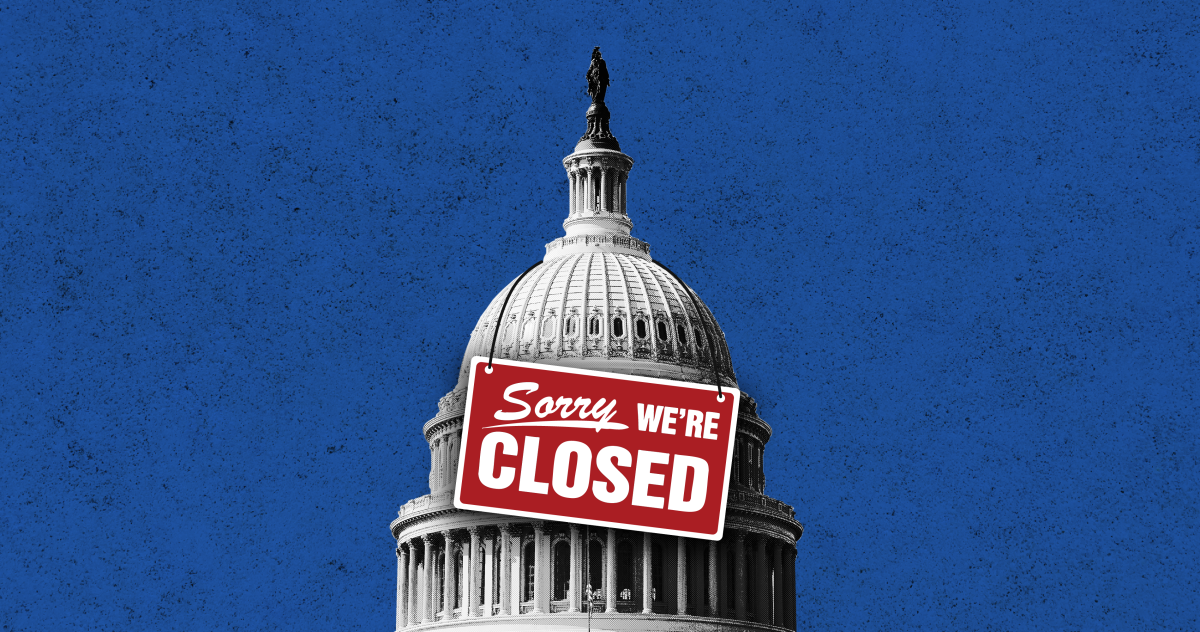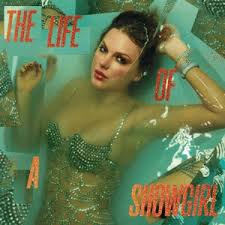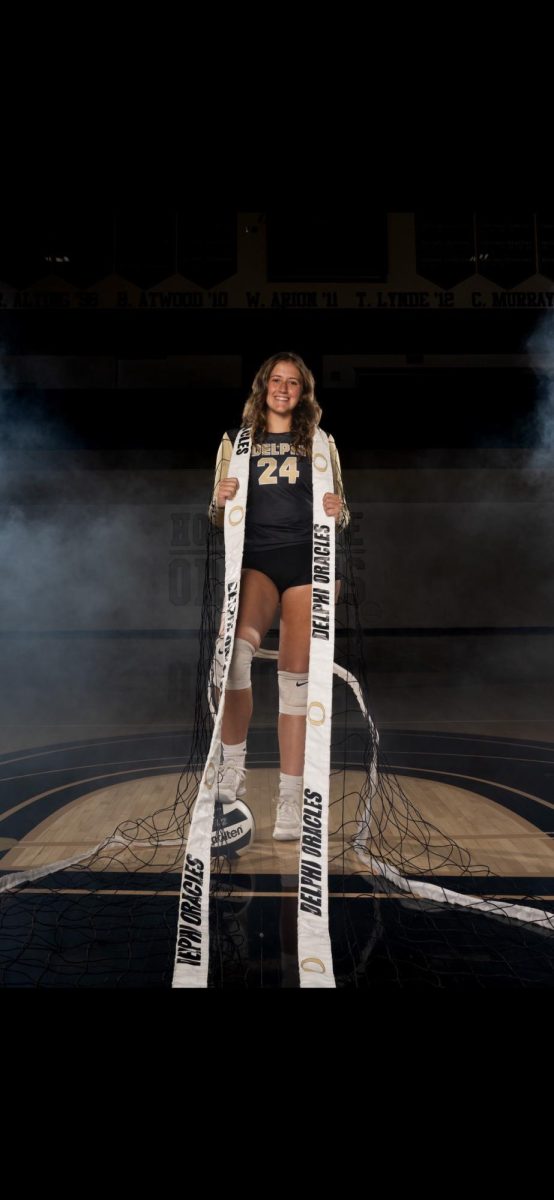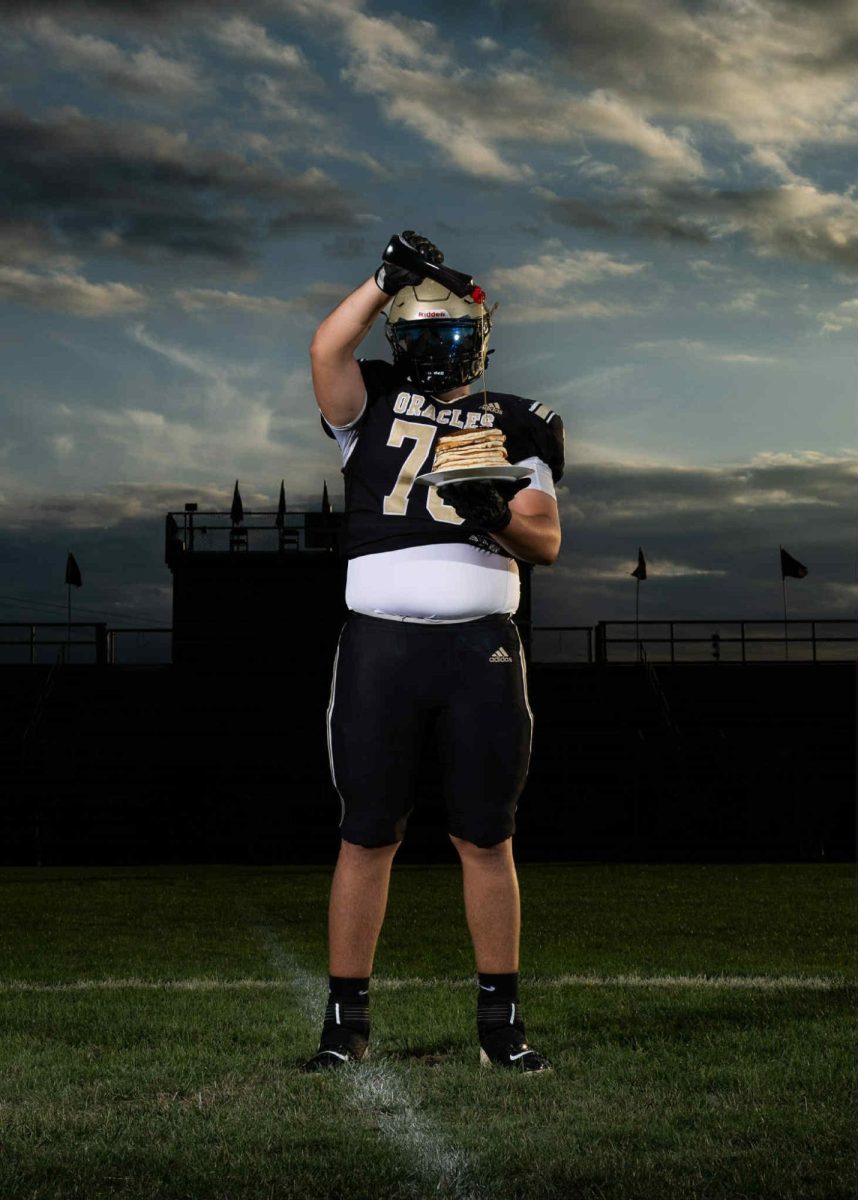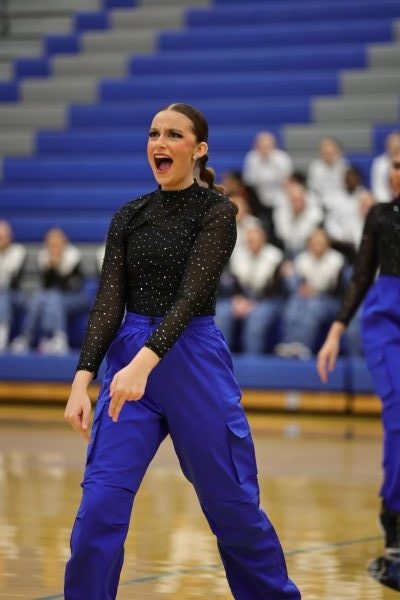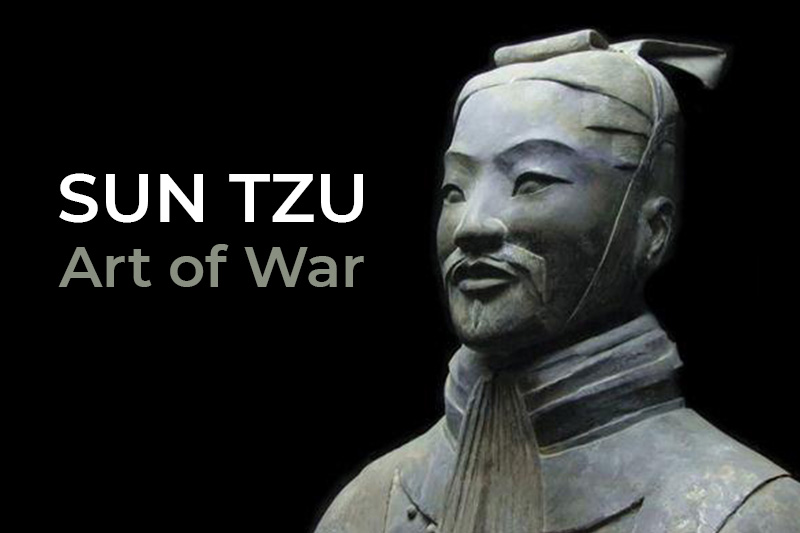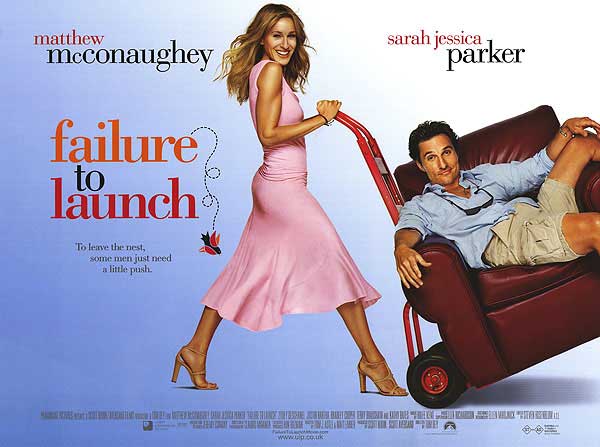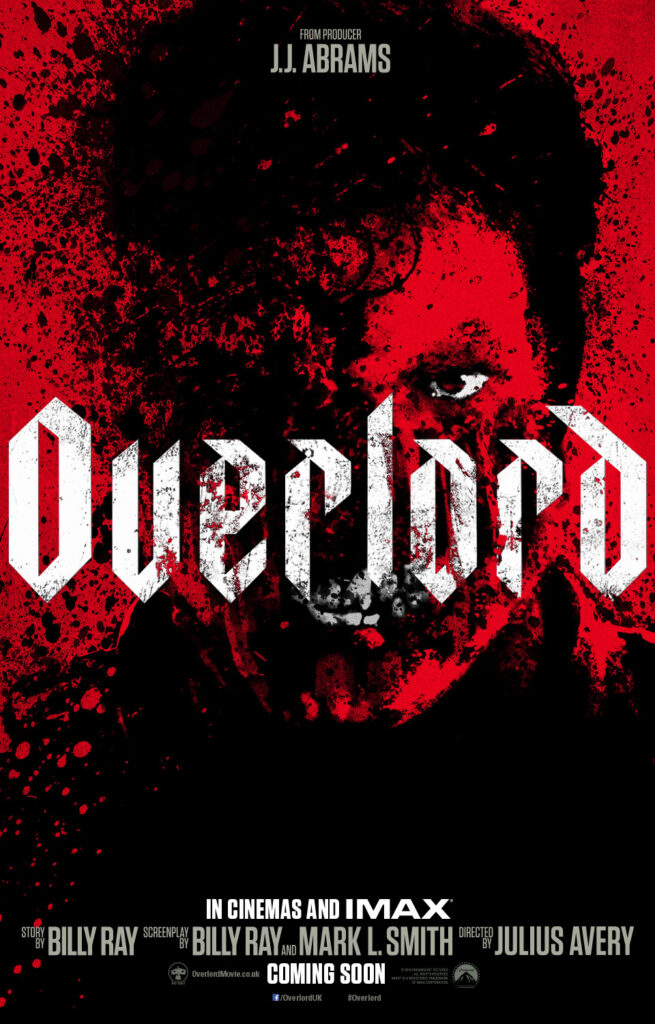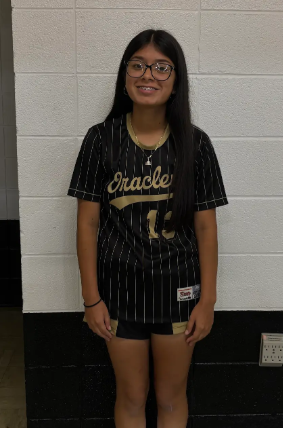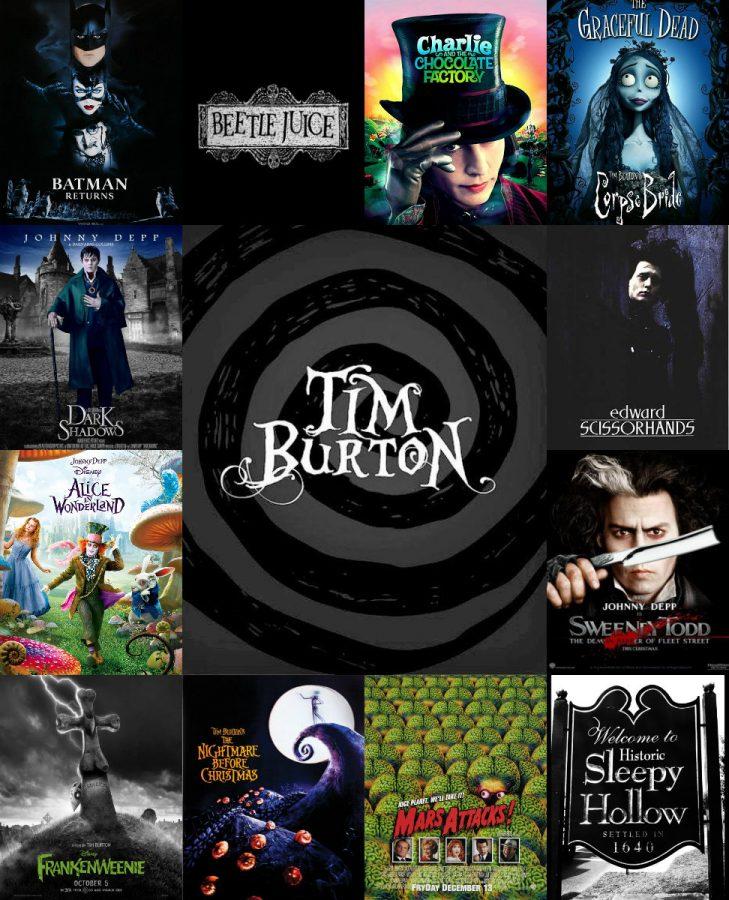Tim Burton lacks tact and diversity
The buzz surrounding Tim Burton’s new movie Miss Peregrine’s Home for Peculiar Children was subtle but strong when it came out Friday, Sept. 30, 2016. It was named the number one movie in America, and the tag line #Stay Peculiar has gathered a substantial group of followers. Book fans were excited but hesitant when they saw the changes in just the trailers for the strange book, but made up their minds to be happy about their beloved, curious book being turned into a (hopefully) beloved, curious movie.
Burton is one of the most famous directors of all time, renowned for movies such as Edward Scissorhands, Beetlejuice, Corpse Bride, and the 2010 version of Alice in Wonderland, to name a few. He is known for his quirky, disturbing scenes and for always casting Helena Bonham Carter and Johnny Depp. Many people joke about how Burton thinks those are the only two available actors, but when the casting for Miss Peregrine was released, people began to question his lack of diversity between black and white actors.
Samuel L. Jackson, who plays Mr. Barron in Miss Peregrine, is the first person of color to play a prominent character in a Tim Burton movie. He is also the only black actor in Miss Peregrine. At first, people were somewhat confused, and iffy, about his casting choices, but perhaps those actors and actresses were just the best people for the part, right? Unfortunately, during an interview with Bustle, Burton was questioned about his casting and his response was ignorant, asinine, and offensive: “Things either call for things, or they don’t. I remember back when I was a child watching ‘The Brady Bunch’ and they started to get all politically correct, like, Okay, let’s have an Asian child and a black―I used to get more offended by that than just―I grew up watching blaxploitation movies, right? And I said, ‘That’s great.’ I didn’t go like, ‘Okay, there should be more white people in these movies.’”
You can imagine the backlash that his comment got. People flocked to Twitter with hashtags and sassy comments. “#TimBurton Logic: REALISTIC―A Corpse Bride, Man with Scissors for Hands, Dead Couple Haunts House. UNREALISTIC―PoC in any of these situations” tweeted one user, and “Tim Burton has an incredible diversity record. Actors in his films range from alabaster to porcelain” tweeted another.
One fan, DeLa Doll, even wrote a letter entitled “An Open Letter to Tim Burton from a Black Fangirl.” In it, she described how she loved his work, how she felt that he captured the essence of outcasts and made them feel like they were not alone. “I love(d?) all your work because I always connected to it,” she wrote. “To the focus on individuals who live on the fringe of society. Weirdos. Freaks. Outcasts. Who in this society is more outcasted than people of color? I thought you were someone who understood what it was like to feel as though you may never really belong or find your place, someone who saw the beauty in outcasts finally accepting themselves and finding love and true homes in the process. But you don’t really understand. You don’t get it at all.”
The letter goes on, but that paragraph is the one that really stuck with me. Let’s face the facts: I’m white. Most of us here at Delphi Community High School are white. We see people like us represented in the media all of the time. Sure, seven times out of ten you’re going to see a pretty, skinny blonde woman, but we can still connect to that. And some could argue that you could connect with any character you want, regardless of color or gender, but that’s not always true. Sometimes, you just want to see someone who looks like you up on the screen, doing something amazing. Take the new Ghostbusters movie for example. Young girls everywhere now have those four women to look up to, just as young boys everywhere had the four men in the 80s. Or the 2014 remake of Annie, where the title character herself and Daddy Warbucks were black. It’s important for people to watch movies and see someone who represents them. Diversity does matter.
Diversifying casts is not hard. What is hard, however, is choosing the right actor or actress for the part. I wish that people didn’t see skin color. I wish that people of all ethnicities could be seated in the waiting room and go in, audition, and have an equal shot at that part, but stuff like that doesn’t happen in these times. I think that, regardless of skin color, the best person for the part should be chosen. If a black person is the best actor, then the black person should get the part. Likewise, if a white person is the best actor, then the white person should get the part. But one person shouldn’t be chosen over another simply because of something so silly as the color of their skin.
There were plenty of roles for people of color in Miss Peregrine’s Home for Peculiar Children. They were orphans, not wanted. There was no reason that they had to be white, even if it was in the 1940s. Not to mention that the story takes place on a Welsh island. There is absolutely no reason that every single child in that orphanage had to be white. “Things either call for things or they don’t”? Really? I don’t believe it. And, as Doll pointed out, why was the villain black? “The only time your films have called for any significant diversity so far has been when you needed someone to be the worst kind of evil? That’s not a good look, buddy,” she asked him.
I’ll be the first to admit that I’m not good about noticing a lack of diversity. I’m not black, so it’s never stuck out to me. But it should. We are all people, regardless of the color of our skin, and we all deserve to be respected and honored, which is why it is so important to have people of all ethnicities, skin color, etc. to be represented everywhere. Tim Burton, I loved your work. I truly did. But that comment you made? Your ex-fangirl was right. That’s not a good look, buddy.

Bella McGill is a senior at DCHS and in her third year on the Parnassus staff. She is in the plays, French club, 4-H, and band. In her spare time, she...


